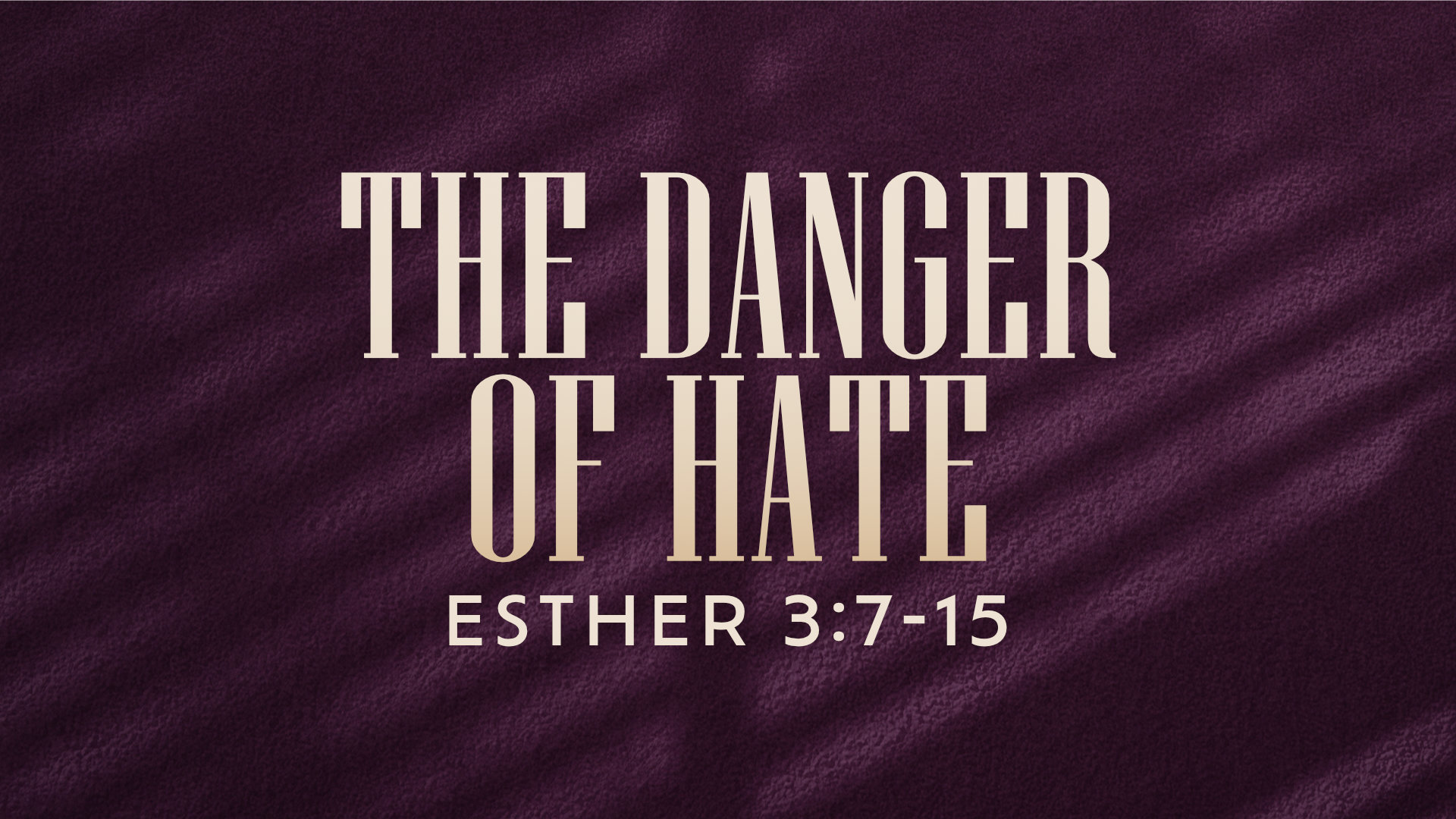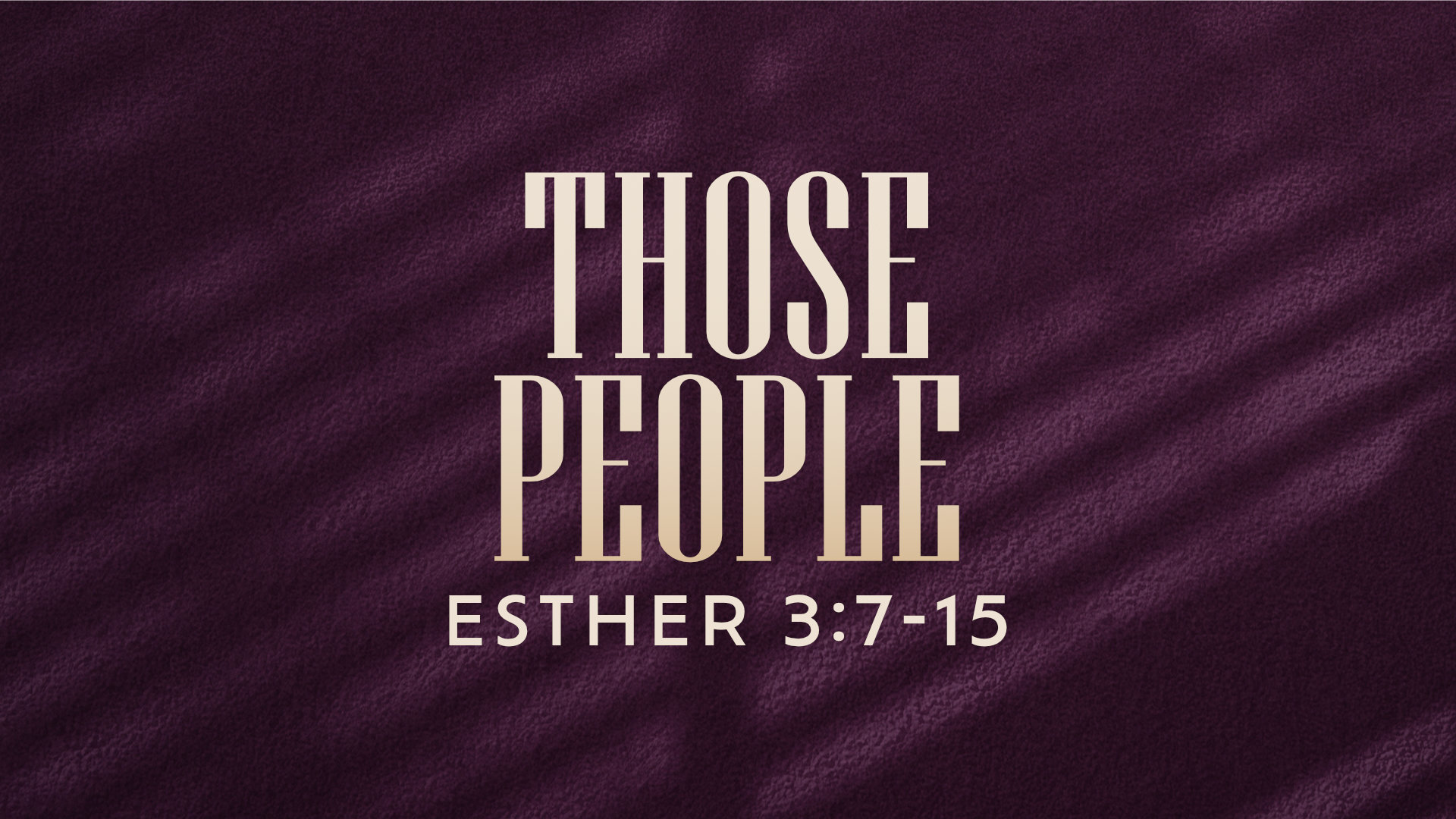The Loss of Civility
With growing political animosity, authorities and citizens alike have discarded common civility. As tempers flare, insults fly, and resistance increases, Christians must stand out as people who can disagree respectably.
Culture
The Loss of Civility
With growing political animosity, authorities and citizens alike have discarded common civility. As tempers flare, insults fly, and resistance increases, Christians must stand out as people who can disagree respectably.
Civility - formal politeness and courtesy in behavior or speech
The Growing Frustration
- As conservative citizens see the rapid pace at which the country is changing, fear turns into rage.
- As liberal citizens seek to defend their beliefs to a level of mass acceptance, any such resistance is met with fury.
- More people speak about what they reject more than what they accept.
- What type of candidate supporter are you?
- Enthusiastic Supporter of a Person
- Reluctant Allegiance to a Party
- Singular Commitment to an Issue
- Passionate Disgust of an Opponent
- Ethically Unsure about a Direction
- People are currently more passionate about what they hate than what they love.
- The constant access to media has increased our level of stress and anger.
- When everyone possesses a social media megaphone, we are exposed to everyone’s opinions and feel the need to express our own.
The Common Temptation
- All citizens defend their responses and reactions based upon what “the other side” has done.
- If we do not allow our children to get away with such justification, we should not attempt to blameshift in that manner either.
- Most people will fall into one of these categories:
- Avoidance - Unhealthy and unhelpful environments cause some to seek isolation from political conflict altogether.
- Association - When worldviews become so polarized, some will retreat to only conversing with other like-minded people.
- Argument - People who are fearless regarding conflict jump into the fray by defending their opinions and debating others’ beliefs.
- Awareness - If you could express someone’s view in such a way that one who thinks differently than you could approve of your assessment, you could potentially have a healthy conversation.
The Biblical Expectation
- Matthew 7:12 - So whatever you wish that others would do to you, do also to them, for this is the Law and the Prophets.
- Colossians 4:5-6 - Walk in wisdom toward outsiders, making the best use of the time. Let your speech always be gracious, seasoned with salt, so that you may know how you ought to answer each person.
- Romans 12:10 - Love one another with brotherly affection. Outdo one another in showing honor.
- 1 Peter 2:17 - Honor everyone. Love the brotherhood. Fear God. Honor the emperor.
- Romans 13:7 - Pay to all what is owed to them: taxes to whom taxes are owed, revenue to whom revenue is owed, respect to whom respect is owed, honor to whom honor is owed.
- James 3:9-10 - With it we bless our Lord and Father, and with it we curse people who are made in the likeness of God. From the same mouth come blessing and cursing. My brothers, these things ought not to be so.
- Ephesians 4:29 - Let no corrupting talk come out of your mouths, but only such as is good for building up, as fits the occasion, that it may give grace to those who hear.
- James 1:19 - Know this, my beloved brothers: let every person be quick to hear, slow to speak, slow to anger.
- Romans 14:19 - So then let us pursue what makes for peace and for mutual upbuilding.
- Ecclesiastes 10:12 - The words of a wise man’s mouth win him favor, but the lips of a fool consume him.
- Colossians 3:8 - But now you must put them all away: anger, wrath, malice, slander, and obscene talk from your mouth.
- Ecclesiastes 9:17 - The words of the wise heard in quiet are better than the shouting of a ruler among fools.
We must begin to look at people as spiritual beings more than political adversaries.





























